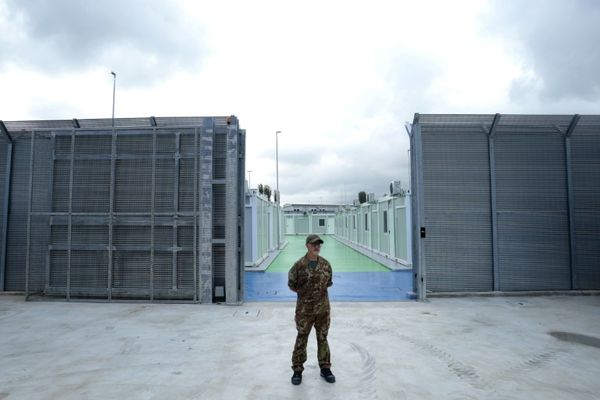
Holidaymakers have been warned a “lie detector test” could catch them out before they are granted entry to Europe.
Artificial Intelligence software may stand in the way of family trips as the EU strengthens border security post Brexit.
Scanners analyse a passenger’s body and facial movements inside airports or ferry ports while they fill out application forms.
If the software picks up a traveller lying or acting suspiciously, their file is flagged up to an immigration officer, who can do further checks and refuse entry, the Mail on Sunday reports.
Experts warn the scheme, which the EU is considering, could lead to widespread rejections of visas, including discrimination against those with disabilities.
It is understood the technology will be phased in after an initial Entry-Exit System - due to affect all British travellers from October 6 - is implemented, along with a visa-waiver scheme called the European Travel Information and Authorisation System for short stays of up to 90 days.
The proposal - criticised by civil rights groups and politicians across Europe - has already undergone successful trials, known as iBorderCtrl and TRESPASS.

Patrick Breyer, a German MEP, dismissed it as “pseudoscience”.
He added: “It will discriminate against anyone who is disabled or who has an anxious personality. It will not work.”
iBorderCtrl was conducted from 2016 to 2019 across Greece, Hungary and Latvia.
AI immigration officers were used to interview applicants and analyse their facial expressions.
Separately, TRESPASS was carried out until November 2021 and analysed “facial expressions, gestures and body postures” to assess if a “traveller is telling the truth”, according to official papers.
The Artificial Intelligence Act does not ban border agencies from using such technology.







